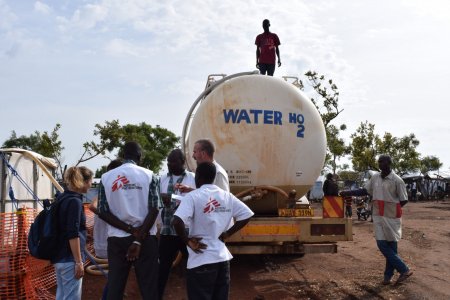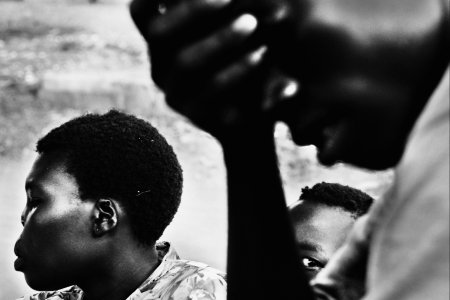 Harald Henden
Opinion
Harald Henden
Opinion
12/05/2011
Marc Le Pape
Since the beginning of the 2000s, a number of English-language researchers have regularly asked the following question: why do international aid organisations pay so little attention to rapes of men and boys committed during armed conflicts?
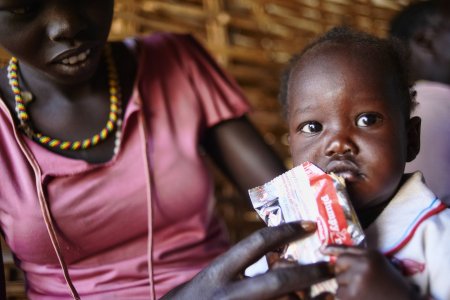 Marcell Nimfuehr
Opinion
Marcell Nimfuehr
Opinion
09/12/2011
Jean-Hervé Bradol
For the past several months, news about food shortages and famines affecting large segments of the East African population have been fueling donation appeals from major public and private aid organizations.
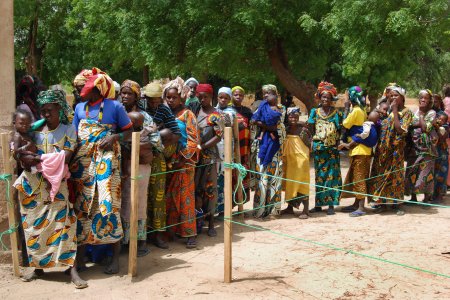 Karine Klein
Analysis
Karine Klein
Analysis
07/23/2010
Jean-Hervé Bradol
Using Niger as an example, this text seeks to explore the dilemmas involved in medical responses to child malnutrition when such malnutrition is endemic (strong, permanent presence) and gives rise to seasonal peaks (epidemics) each year.
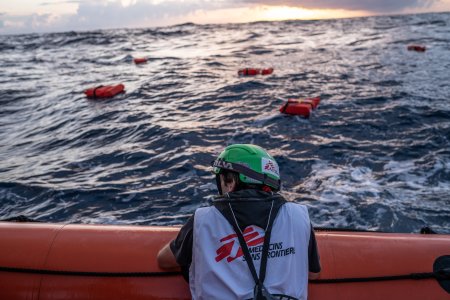 Virginie Nguyen Hoang/HUMA
Conference
Virginie Nguyen Hoang/HUMA
Conference
02/18/2010 - 07:00 PM 09:00 PM
Nicolas Dodier
The emergency and constraints of certain catastrophes force MSF teams to medical and operational audacity. To take new paths or stray away from official protocols is to run the risk of doing things less well, of perhaps doing harm and dilapidating resources...
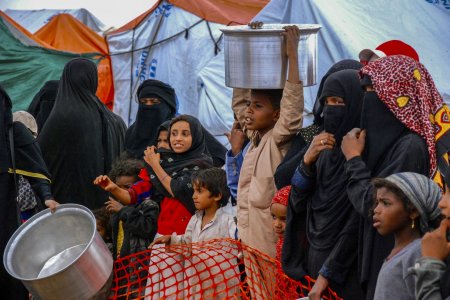 Francesco Segoni
Cahier
Francesco Segoni
Cahier
12/20/2009
Jean-Hervé Bradol
Jean-Hervé Jézéquel
Four years after the Nigerian crisis, many things have changed in the nutrition field. This Cahier du Crash aims at considering this evolution and explore new possibilities for action for MSF.
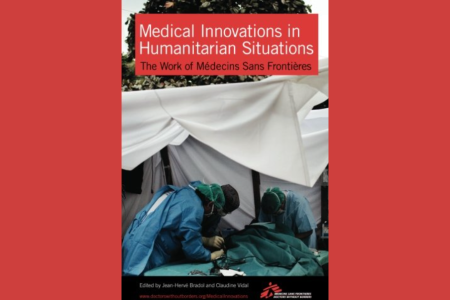 MSF-Crash
Book
MSF-Crash
Book
10/01/2011
Jean-Hervé Bradol
Medical Innovations in Humanitarian Situations explores how the particular style of humanitarian action practiced by MSF has stayed in line with the standards in scientifically advanced countries while also leading to significant improvements in the medical care delivered to people in crisis.
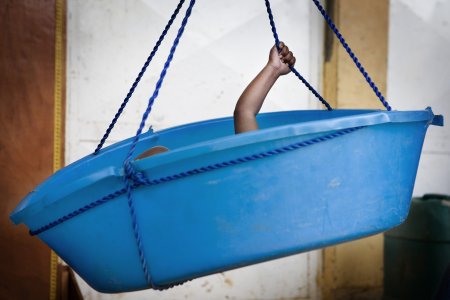 Robin Utrecht
Opinion
Robin Utrecht
Opinion
07/29/2009
Jean-Hervé Jézéquel
In 2008, Southern Ethiopia was the epicentre of a vast nutritional intervention: more than 100,000 malnourished children received assistance from a mix of actors including both international actors and local health facilities.
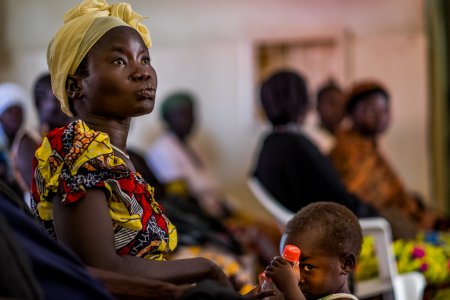 Isabel Corthier
Analysis
Isabel Corthier
Analysis
09/01/2008
Jean-Hervé Bradol
Dr. Jean-Hervé Bradol, Former President of MSF-France presented data based on MSF's experience in Niger that showed the implementation of the UN recommendation for the treatment of severe acute malnutrition was not possible in a high burden setting.
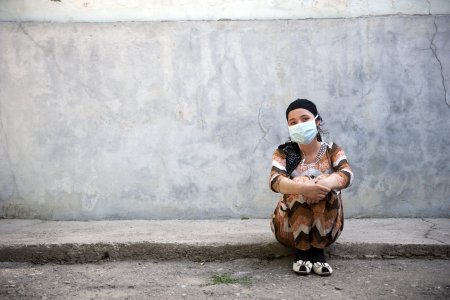 Wendy Marijnissen
Opinion
Wendy Marijnissen
Opinion
05/01/2003
Rony Brauman
Rony Brauman questions the link between public health decisions and the right to health care.
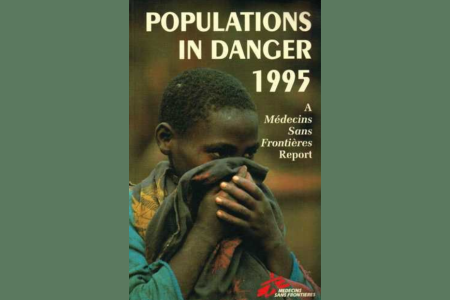 Book
Book
11/01/1995
François Jean
« Never again »: in the wake of the second World War, the terror caused by the Holocaust led the community of states to condemn genocide as a crime and to create a new international organization, the United Nations. And yet, half a century later, the international community did nothing to prevent the first undeniable genocide since that of the Jews: it let the massacre of the Rwandan Tutsis and merely sent humanitarian aid, even though it was nearly over.
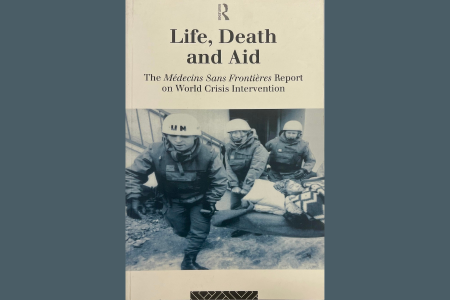 Book
Book
11/01/1993
François Jean
With the end of the Cold War came the hope of a "New World Order". yet the tragedies of war and famine continue to dominate our headlines. Humanitarian law is still violated every day. Emergency aid from the United Nations and donor governments remains inadequate and military interventions often fail to restore durable peace.
 Harald Henden
Opinion
Harald Henden
Opinion


